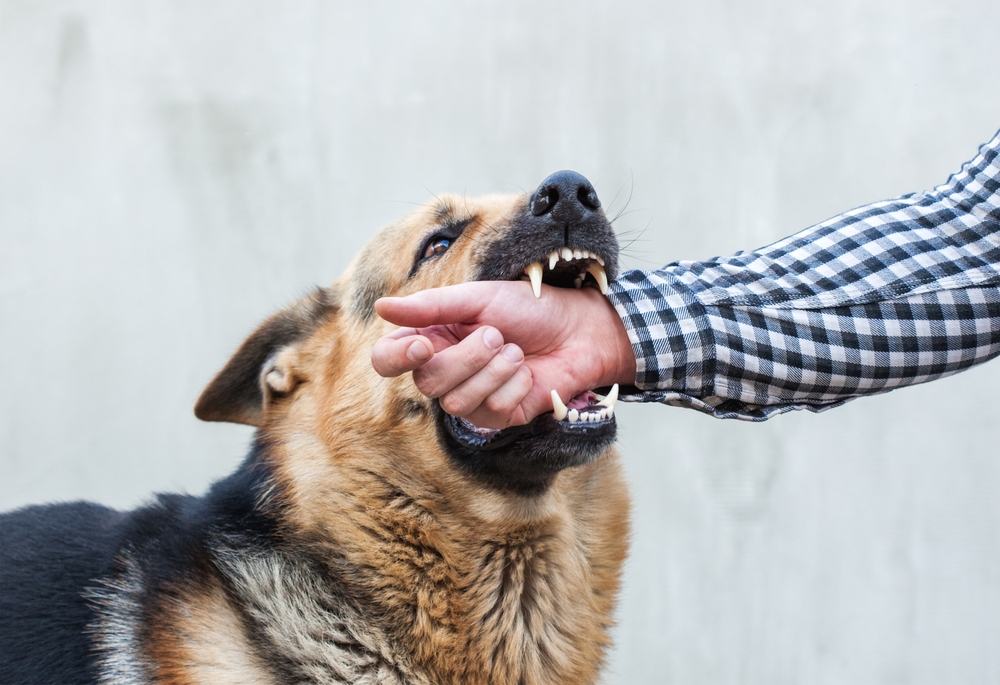
The U.S. is home to millions of dogs, with a significant percentage of households owning at least one canine companion. But what happens when a dog’s behavior turns from playful to dangerous?
While many dogs are friendly and well-behaved, some may pose serious risks to others. Pennsylvania’s dangerous dog laws are designed to address these concerns, ensuring safety while holding pet owners accountable. Whether you’re a proud dog owner or someone who’s had a run-in with a not-so-friendly animal, these laws affect you.
A dog bite lawyer in your area has guided clients through the maze of dangerous dog legislation in your state. If you are a dog bite victim, never wait to schedule a consultation with an experienced Pennsylvania dog bite lawyer to get the guidance you need.
Schedule a Free Initial Consultation Today!
Not every dog that barks or growls fits the legal definition of a dangerous dog. Each state has laws defining what constitutes a dangerous dog for legal purposes.
For example, Pennsylvania law has specific criteria for a dog to be classified as dangerous. According to the Pennsylvania Consolidated Statutes, a dog is considered dangerous if it has:
However, a single incident doesn’t automatically classify a dog as dangerous. The law requires that the dog has a history or tendency to attack. This means that a one-time event, while serious, may not meet the legal threshold for a dangerous dog classification.
Specific incidents that may lead to this classification include unprovoked attacks on pedestrians, aggressive behavior towards other animals in public spaces, or a pattern of intimidating behavior that causes reasonable fear in the community.
It’s important to differentiate between dangerous dogs and other categories, such as nuisance or aggressive dogs. While people might use these terms colloquially, they don’t carry the same legal weight or consequences as the dangerous dog classification.
 Dangerous dog laws often have strict requirements for owners. For instance, if a dog is classified as dangerous in Pennsylvania, owners must adhere to strict responsibilities:
Dangerous dog laws often have strict requirements for owners. For instance, if a dog is classified as dangerous in Pennsylvania, owners must adhere to strict responsibilities:
Penalties for non-compliance with the above dog laws include fines of $500 to $1,000, potential seizure and euthanasia of the dog, and criminal charges (misdemeanors or felonies). Violations can also lead to additional criminal charges and civil liability if the dog causes injury.
If you’ve been injured by a dangerous dog, you have rights. The law provides avenues for victims to seek justice and compensation for their injuries and losses. In most states, an owner will be liable if a dog already deemed dangerous injures someone.
As a victim, you may seek compensation for:
Filing a claim or lawsuit against a dog owner can be challenging, even with a dangerous dog designation. It typically involves gathering evidence, proving the dog’s dangerous propensities, and demonstrating the owner’s liability. Even then, insurance companies might undervalue your injuries and losses, requiring you to fight for the full compensation you deserve.
This is where the experience of a skilled dog bite attorney becomes invaluable. Hire a lawyer with extensive experience navigating dangerous dog laws and fighting for the rights of dog bite victims.
 If you suffered injuries in a dangerous dog incident, don’t wait to seek legal advice. Consultations are free, and you pay nothing to hire trusted assistance with your dangerous dog case.
If you suffered injuries in a dangerous dog incident, don’t wait to seek legal advice. Consultations are free, and you pay nothing to hire trusted assistance with your dangerous dog case.
Each state has specific statutes governing dog bite liability. The complexities of these laws can be daunting, but with in-depth knowledge, the right attorney can avoid common pitfalls. Their experience with dog bite law is essential for building a strong case and achieving a favorable outcome.
Many states follow a strict liability rule, holding dog owners responsible for their dog’s actions regardless of prior behavior or owner knowledge. However, this does not mean proving liability is always straightforward.
Your attorney can conduct a comprehensive investigation to gather all necessary evidence, including medical reports, witness statements, and expert testimony. This thorough approach is crucial for building a solid case demonstrating the dog’s dangerous nature and the owner’s liability.
Dealing with insurance adjusters can be challenging, as they aim to minimize payouts. Your attorney will handle all communications with insurance companies, preventing you from being pressured into an unfavorable settlement. If a fair settlement cannot be reached, they are prepared to take your case to court, fighting for your rights in front of a judge and jury. Their readiness to litigate can be a powerful negotiating tool.
 Dangerous dog determinations can help with dog bite claims, but they are not necessary to win compensation following dog bite injuries. To know whether you have a case, schedule your free consultation with a Pennsylvania personal injury attorney as soon as possible. They can assess your rights and begin taking the proper legal action in your state.
Dangerous dog determinations can help with dog bite claims, but they are not necessary to win compensation following dog bite injuries. To know whether you have a case, schedule your free consultation with a Pennsylvania personal injury attorney as soon as possible. They can assess your rights and begin taking the proper legal action in your state.
Marcus & Mack
